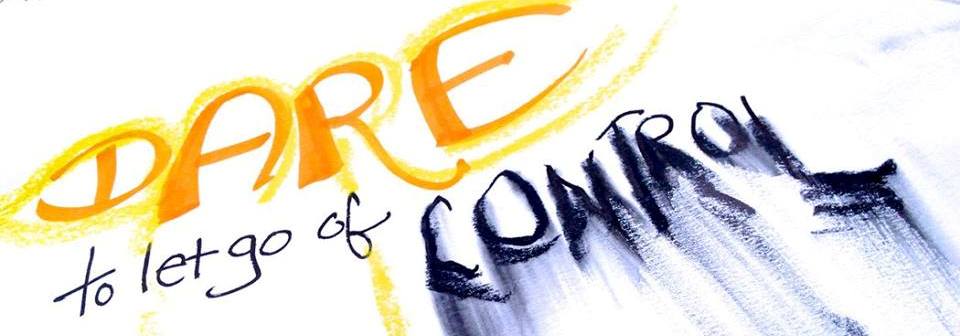A few weeks ago, I was catching up with some old colleagues from my Market Research days. As we were sharing stories, I was reminded of the brilliant minds I used to work with. Market Researchers are naturally drawn to asking lots of questions, understanding why things are the way they are and applying their vast knowledge to predict future trends. At the end of the day our role within the organization is to bring more confidence and accuracy into the decision making process. The more complex the decisions that need to be made, the more we need to rely on these brilliant minds to connect dots and pierce through uncertainty.
In this particular conversation we were talking about the profound changes taking place at all levels of society as a result of Covid-19. Of course we ended up with the million dollar question: “Will things eventually go back to normal or have we entered unchartered territory where we are just scratching the surface of the changes that lie ahead”? If so, how do we navigate this hyper VUCA (Volatile, Uncertain, Complex and Ambiguous) world that we find ourselves in? Most of us could agree that going back to the way things were would be very unlikely. However, there were many different perspectives and opinions on where to go from here.
What struck me as I listened into the exchanges was the incredible amount of data and analysis being shared. It was as if my ex-colleagues were attempting to counter the high levels of uncertainty about where things are heading with equal amounts of research and knowledge.
Reflecting back on this experience a few days later, I became curious about the mindset underpinning the conversation I had witnessed with my ex-colleagues. What was motivating this attempt to “out-smart” the volatile market conditions? Was it the belief that with the right amount of knowledge it would be possible to control, or more accurately predict, the emerging future?
Certainly there is tremendous value to be found in books and research studies but I was becoming aware of the need to also access other “ways of knowing” and other methods of moving through these turbulent times. Instead of trying to compete with the VUCA environment, I wondered what it would be like to collaborate with it. What if we allowed ourselves to extend the concept of collaboration beyond person-to-person exchanges to also include collaborating (or partnering) with the transformational process itself? What would that mean and what new skills would we need to learn?
These are the questions I have been sitting with, and to a large extent experimenting with, over the past ten years of entrepreneurship. I have discovered the value of Presencing as per Otto Scharmer’s work with Theory U or the Potential Based Approach championed by Alan Seale. These alternative ways of leading invite us to navigate uncertainty by looking inside, relying more on our intuition and choicefully altering our relationship to external circumstances.
Let’s take the pandemic for example. In most cases we are acting as if scientists understand it and can control it. Social distancing, masks, lock downs, travel bans, vaccinations….are all designed to eliminate or out-smart the virus. It assumes that with enough brain and will power we can defeat it, and eventually get on with our lives.
An alternative, or at least complementary approach, would be to see the virus as nature’s way of bringing our attention to the unsustainable ways in which we have been living over the past decades. Rather than a random event disrupting our lives, what if its purpose is to awaken us and challenge us to re-examine some of the foundations upon which our society is built. Constructs like maximizing shareholder value or productivity or globalization are all ripe for reinvention. If we look closely we will see exciting new seeds have already started to sprout but they are still fragile and need our nurturing before they can grow and replace the old.
In closing, I am not suggesting we should do away with the analytical, problem solving approach. Nor am I saying that masks and social distancing aren’t effective ways to minimize the risks of the virus. They are important, but only part of what it will take to move forward. What I’m proposing is to widen the lens through which we perceive reality to also include a deeper, more interconnected, understanding of the world and our role within it. Our ability to access new creativity and ideas will be greatly enhanced in this expanded playing field. As researchers & coaches we are ideally positioned to support organizations in this exploration by inviting them into a space of collaboration where we can dare, at least a little bit, to let go of control.

